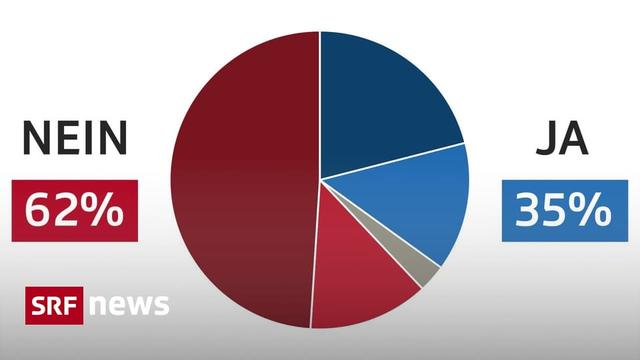1. Plan going to Opole, via Kościan.
2. When you enter the train to Kościan, you discover that the change to Opole is delayed 15 minutes already. Consider changing in Leszno instead; if the delay increases, you'd have more options there.
3. Discover that there aren't any more options in Leszno today. Your change is delayed 30 minutes already. Return the reservations, and take one the other way, to Poznań instead.
4. Train station in Kościan. The displays aren't showing any delays, trains are announced normally. Tell people about the delays, so they won't stand in the -10°C waiting for the train to arrive.
5. Take the train to Poznań, and try to figure out what to do next.
6. Discover that the only reasonable choice going forward is Inowrocław: no delays and good return connection. It's the same train, so take another reservation. Your current seat is already taken there, so move elsewhere.
7. Your train should be followed by another one in the same direction, that departs from Poznań 6 minutes later. However, your train ends up waiting for another delayed train, so the other train goes first. The delay further increases as your train needs to slow down after the other train.
8. Reach Inowrocław 10 minutes later. That's not a problem, since you didn't have enough to see for all the time there anyway.
9. Discover that the town is more interesting than you thought, and you'd use more time.
10. When you almost get to the station, discover that your train is 10 minutes late. Not that you have any use for that time at this point.
11. When you're at the station, the train keeps increasing delay while waiting at the previous station, in Bydgoszcz. The station displays are completely useless, as they show only a random subset of regional trains, for no apparent reason. The announcements include all trains, but are rarely given.
12. The delay keeps increasing. Start thinking about getting a reservation for the next train to Poznań, in case it arrived first. You can't return the reservation after the planned departure time, and you can't have two reservations simultaneously, so reserve the seat from Mogilno, the next station.
13. The next train arrives first. While on board, you discover that you're not going to have any train home for 1.5 hr. Take another seat reservation to Leszno, where you can change into a suburban train and get home 15 minutes earlier than from Poznań. This time, your seat is still free.
14. The train departs 15 minutes delayed from Poznań. After all, you're changing trains in Kościan.
So I was going to go south, to Opole, via Kościan. Instead, I've ended up slingshotting north to Inowrocław, and getting back home via the same train as if I were in Opole.
#rail











![9. BOOK REVIEW: APPLIED CRYPTOGRAPHY [censored] Reviewer
Applied Cryptography, for those who don't read the internet news, is a
book written by Bruce Schneier last year. According to the jacket,
Schneier is a data security expert with a master's degree in computer
science. According to his followers, he is a hero who has finally
brought together the loose threads of cryptography for the general
public to understand. Schneier has gathered academic research, internet
gossip, and everything he co…](https://assets.chaos.social/media_attachments/files/115/617/078/445/675/386/small/56a3f192560809fc.png)




![YouTube offering me to use AI suggested answers to viewers comment and sounding like a moron.
@j.a7299 • 5 hours ago
How did u get it to work, my game freezes less than a minute in.
Im on nobara linux
6900xt
5600x
32 gb ram
KDE plasma latest version
Latest mesa drivers
Tried proton versions: ge, cachy (latest), experimental
Reply
0 replies
Replies [to be] made with AI:
Suggestion 1:
The 1650 isn't very powerful to begin with, so perhaps that's why you're having issues, especially w…](https://cdn.masto.host/socialpetertoushkoveu/media_attachments/files/115/778/620/339/960/813/small/bea8fa4113b0b651.jpg)













































